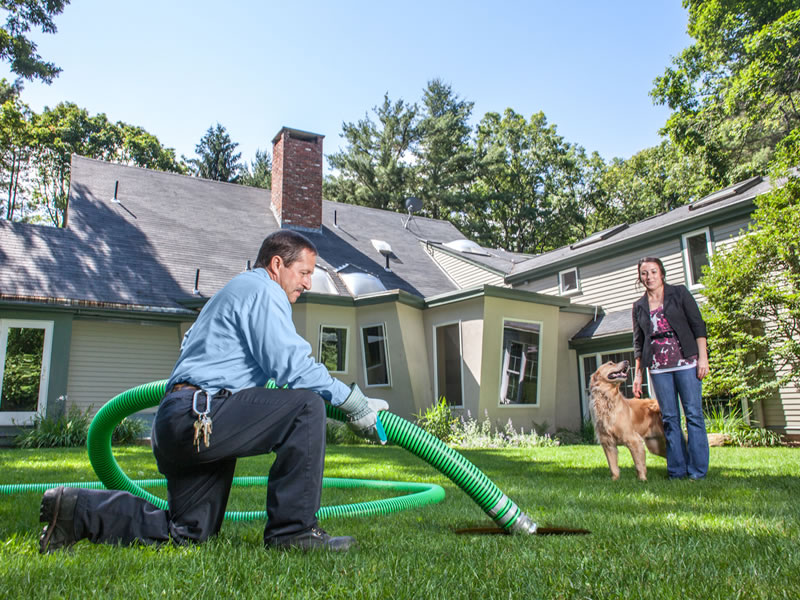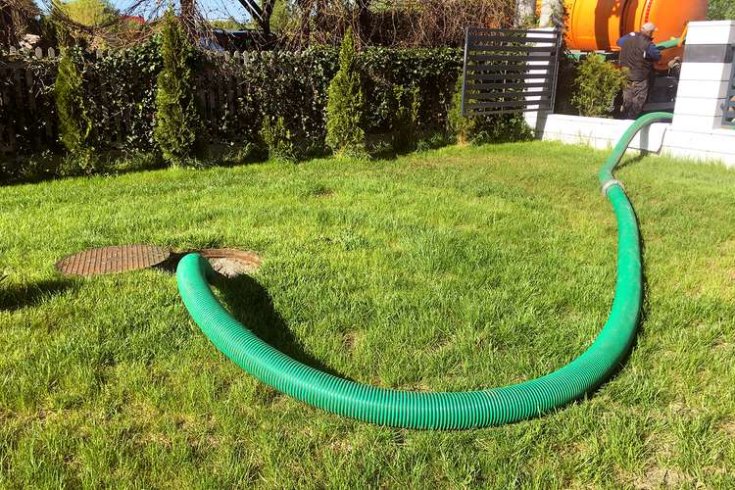
28
A septic system’s average lifespan is up to 25 years but can increase or decrease depending on how it’s treated. Septic system inspections tend to increase the longevity of your septic system by a few more years. As a septic system owner, you should have a regular septic inspection done on your system. There are other times when an inspection is needed as well, such as when buying or selling a house. Here’s everything you need to know about septic system inspections and why they’re so important for real estate transactions.
Septic systems are often overlooked when it comes to maintenance. They can last for several long years; however, structural and systematic problems may appear over time so it’s important to keep your septic system in check. Have a routine inspection performed by a professional to check for any pipe damage, the current situation of the tank, and any leakages around the area. They’ll report back to you and inform you if you need septic tank repair or any other replacements.
As shown, there are a lot of areas in which a problem can occur in the septic system. Therefore, it’s important to be proactive and call for inspection with Charlotte Septic Pros before making any investments.

28
Why Is Sewage Backing Up into My Tub? When wastewater starts rising into your bathtub, it’s more than just unpleasant—it’s…
Read more
22
Can Bacteria Additives Eliminate the Need for Pumping? If you own a home with a septic system, you’ve probably seen…
Read more
12
A single slow drain in your home can feel like a minor inconvenience. Maybe the sink takes a little longer…
Read more
05
Are Slow Drains a Septic Issue or Just a Clog? Slow drains are one of those household problems that start…
Read more
02
What Septic Service Techs See That Homeowners Miss Most homeowners only think about their septic system when something goes wrong.…
Read more
21
Simple Habits That Protect Your Septic System A well-functioning septic system does its job quietly, but the moment something goes…
Read more
14
Pump Now or Pay Later: The Real Cost of Skipping Maintenance A properly functioning septic system is easy to forget…
Read more
11
Why Your Septic System Always Acts Up at the Worst Time Homeowners often feel that septic problems strike at the…
Read more
04
Early Warning Signs Your Septic Tank Needs Pumping For homeowners who rely on a septic system, routine maintenance is not…
Read more
29
Why Does My Septic System Smell Fine One Day and Terrible the Next? If you own a home with a…
Read more